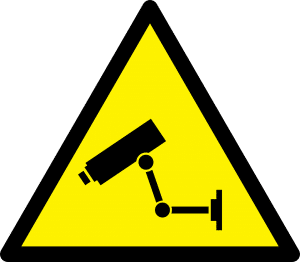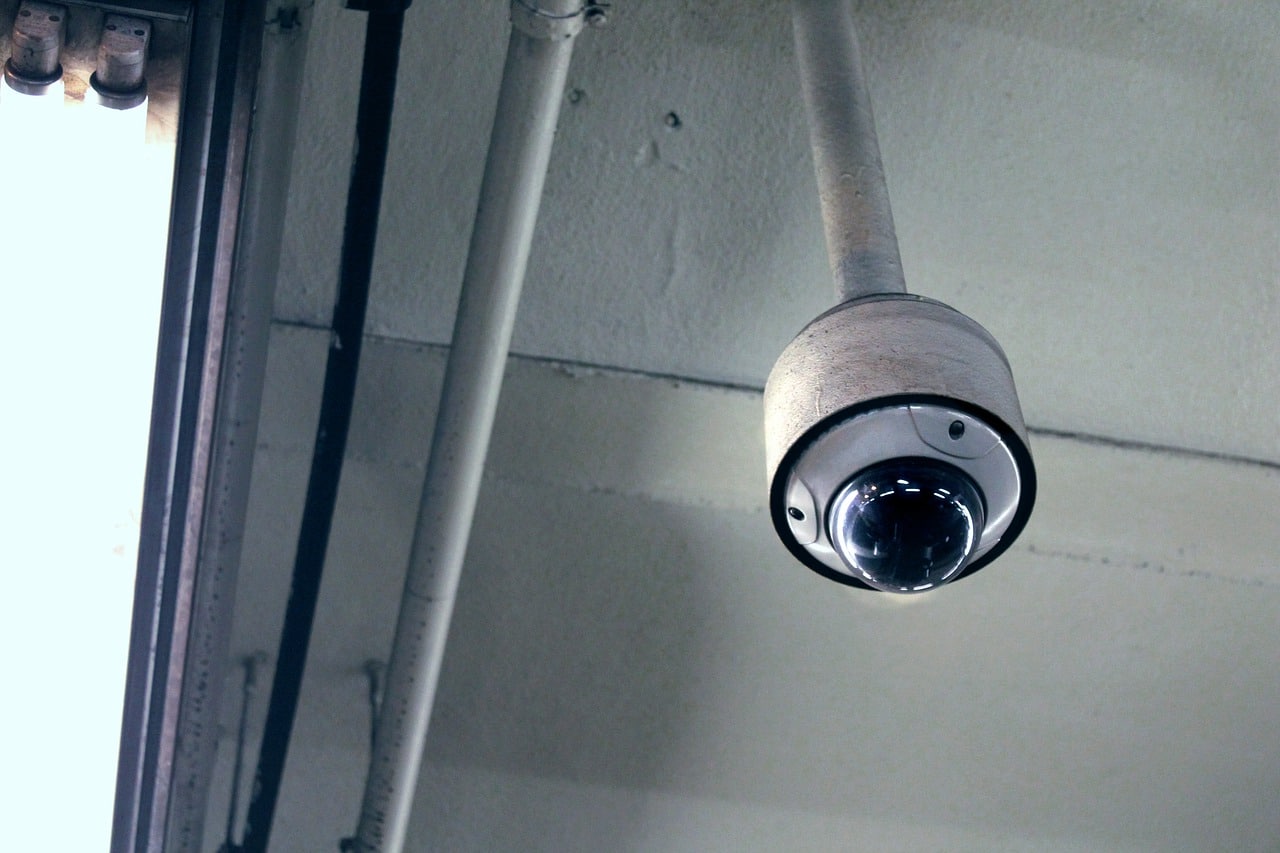 Technological advances have made it easier to stay connected with family. That includes the ability to install cameras in a loved one’s nursing home room, but these so-called “granny cams” have legal and privacy implications.
Technological advances have made it easier to stay connected with family. That includes the ability to install cameras in a loved one’s nursing home room, but these so-called “granny cams” have legal and privacy implications.
The benefit of the surveillance camera is the ability to monitor your family member’s care. Being able to observe care from afar can give family members peace of mind that their loved one is being well taken care of, and can also serve as evidence if abuse is found. Even if there is no abuse, cameras can be helpful in learning if caregivers are using improper techniques that may injure a resident.
On the other hand, cameras raise privacy concerns for both residents (including roommates) and caregivers. Residents may not want to be monitored while in a vulnerable state, such as changing or bathing. If the recording device picks up audio, then even the resident’s conversations may no longer be private.
All of that aside, do nursing homes have to permit families to install cameras? It varies depending on the facility. Some nursing homes may have language in their admission contracts banning cameras or imposing specific requirements for their use. However, concerns over elder abuse have led some states to pass laws allowing cameras in nursing homes. Illinois, Louisiana, Maryland, New Mexico, Oklahoma, Texas, Virginia and Washington have passed laws permitting families to install a camera in a nursing home if the resident and the resident’s roommate have agreed. Utah permits cameras in assisted living facilities. New Jersey does not have a law specifically permitting cameras, but it has a program that loans surveillance cameras to families who suspect abuse.
If you are considering installing a camera in a loved one’s nursing home room, you should contact your attorney to discuss the legal and practical considerations.
For a fact sheet about nursing home surveillance from The National Consumer Voice for Quality Long-Term Care, click here.


